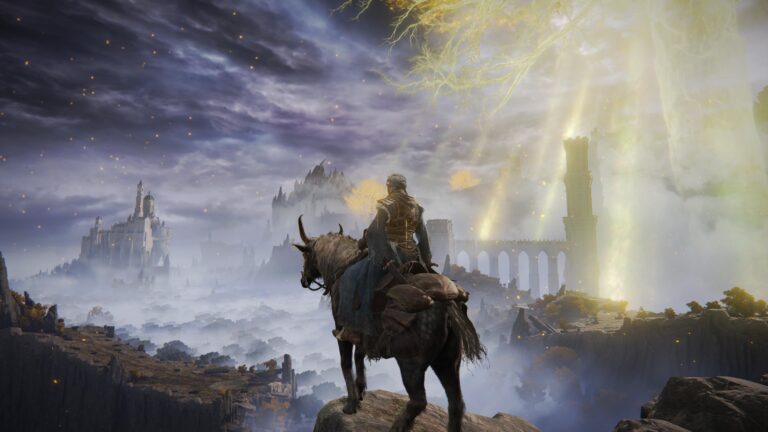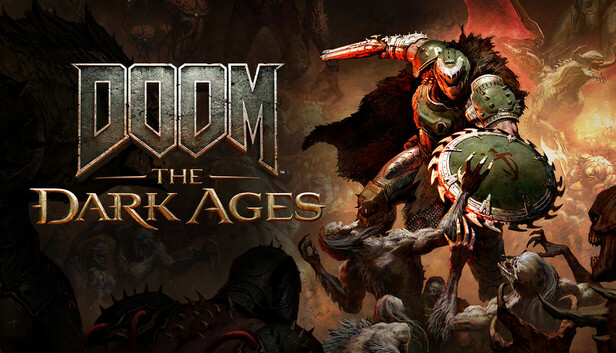Platform | PlayStation 4, PlayStation 3, Xbox One, Xbox 360, PC |
|---|---|
Publisher | Electronic Arts |
Genre | Action RPG |
Release Date | 11/18/2014 |
Story
Dragon Age Inquisition, developed by BioWare and published by Electronic Arts, is the third main installment in the Dragon Age series. Released in November 2014, it is set in the expansive and lore-rich world of Thedas. The game picks up the narrative threads left by its predecessors, Dragon Age Origins and Dragon Age II, and weaves a tale of political intrigue, fantastical adventure, and moral complexity.
The story begins with a catastrophic event—an explosion at the Conclave, a peace summit between the mages and the Templars, which creates a massive tear in the sky known as “The Breach.” This hole in the Fade, the mysterious realm of spirits and demons, threatens to engulf the world in chaos as demons spill into the mortal realm. Amidst this turmoil, players assume the role of the Inquisitor, a customizable protagonist who inexplicably survives the explosion and gains the ability to close the rifts that appear across the land.
The Inquisitor’s journey is one of uniting various factions and races against a common foe, Corypheus, an ancient darkspawn magister hell-bent on conquering Thedas. Throughout the game, players make critical decisions that affect the story’s outcome, alliances, and even the fate of entire regions. The narrative is rich with moral dilemmas, compelling character arcs, and unexpected twists that keep players engaged from start to finish.
Gameplay
Dragon Age Inquisition is a role-playing game that offers an expansive open world teeming with quests, characters, and hidden secrets. Players can choose from various races and classes, each with unique abilities and skills. The game emphasizes strategic combat, allowing players to control a party of characters, each with distinct roles and specialties.
Combat System
The combat system in Dragon Age Inquisition is both dynamic and tactical. Players can engage in real-time combat or pause the action to issue commands to their party members, utilizing a top-down tactical camera to plan their strategy. This flexibility allows for a personalized approach to battles, whether one prefers direct action or careful planning.
Exploration and Quests
The game features diverse environments, from lush forests and arid deserts to snow-capped mountains and ancient ruins. These areas are filled with quests, collectibles, and lore that enrich the world of Thedas. Players can establish camps, gather resources, and forge alliances with influential figures, all of which contribute to the Inquisition’s power and influence.
Character Development
Character development is a core aspect of the game, allowing players to form deep connections with their companions. Each companion has a unique backstory and personal quests that reveal more about their motivations and personalities. These interactions are crucial, as they can influence the overall narrative and the Inquisitor’s relationship with their allies.
Graphics and Sound
Dragon Age Inquisition is visually stunning, with meticulously crafted environments that bring the world of Thedas to life. The Frostbite 3 engine powers the game’s graphics, delivering impressive landscapes, detailed character models, and dynamic weather effects. The attention to detail in the design of each location is remarkable, enhancing the immersive experience.
The sound design and musical score further elevate the game’s atmosphere. Composed by Trevor Morris, the soundtrack is an epic blend of orchestral music that complements the game’s dramatic and emotional moments. Voice acting is also top-notch, with a talented cast delivering memorable performances that add depth to the characters and story.
Legacy and Reception
Upon its release, Dragon Age Inquisition received critical acclaim for its engaging story, expansive world, and deep character development. It won numerous awards, including Game of the Year at The Game Awards 2014. Critics praised its vast open-world design, the complexity of its characters, and the weighty choices that players must make throughout the story.
However, the game was not without criticism. Some players noted technical issues and bugs, particularly on older console platforms. Others felt that the pacing of the main story could be uneven at times. Despite these criticisms, Dragon Age Inquisition remains a beloved entry in the Dragon Age series, celebrated for its ambitious scope and rich storytelling.
Conclusion
Dragon Age Inquisition is a landmark title in the realm of fantasy RPGs, offering a rich tapestry of narrative depth, strategic gameplay, and stunning visuals. Its impact on the genre is significant, blending traditional role-playing elements with modern innovations. The game’s emphasis on player choice and moral ambiguity sets it apart, ensuring that each playthrough can offer a unique experience.
The legacy of Dragon Age Inquisition is one of excellence in storytelling and world-building, leaving a lasting impression on players and influencing future RPGs. As fans eagerly await the next installment in the Dragon Age series, Inquisition stands as a testament to BioWare’s prowess in crafting unforgettable gaming experiences.















